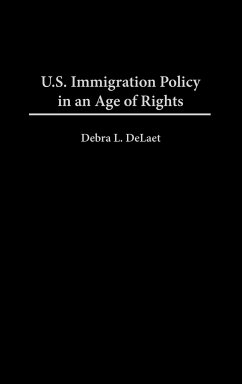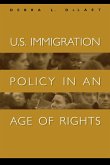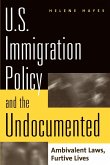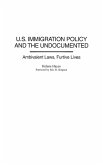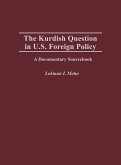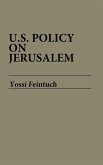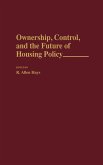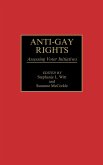Civil rights rhetoric has been central to the debate over U.S. immigration policy since at least the 1960s. A coalition of interest groups, including churches, ethnic organizations, civil rights groups, and employer associations has played a fundamental role in advancing civil rights norms in the immigration arena. The growing importance of civil rights rhetoric in the debate over U.S. immigration policy, DeLaet asserts, helps to explain the liberalization of U.S. immigration policy in spite of growing evidence that the public opposition to immigration has grown during the same period. In turn, the liberalization of U.S. immigration policy has contributed to rising numbers of both legal and illegal immigrants. Thus, high levels of immigration reflect the basic provisions of current U.S. immigration policy, rather than a loss of governmental control. Many analysts have suggested that the immigration policy reforms passed by Congress in 1996 marked the beginning of a new era of restrictionism. However, as DeLaet illustrates, the new restrictions adopted in 1996 contain many of the same loopholes as previous legislation, indicating the coalition of interest groups supporting immigration still pose a significant obstacle to efforts to restrict immigration.
Hinweis: Dieser Artikel kann nur an eine deutsche Lieferadresse ausgeliefert werden.
Hinweis: Dieser Artikel kann nur an eine deutsche Lieferadresse ausgeliefert werden.

